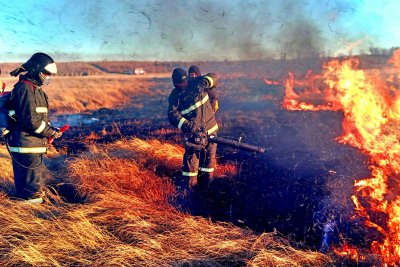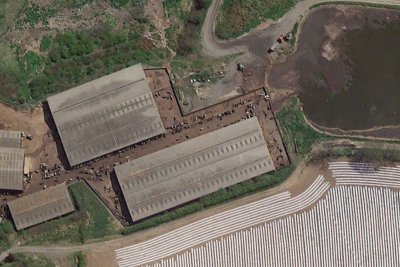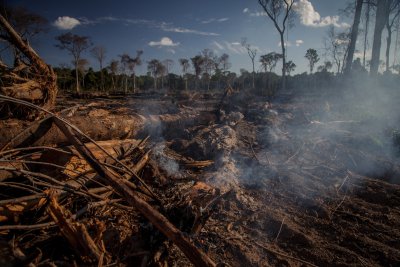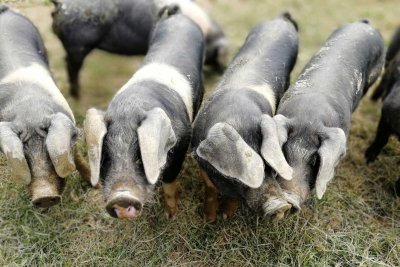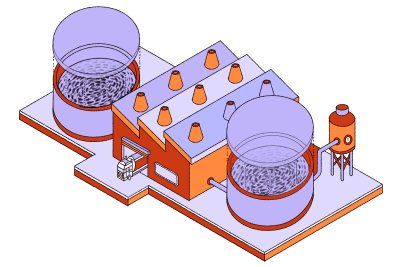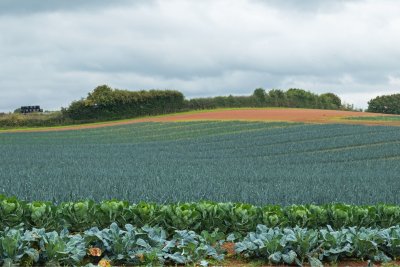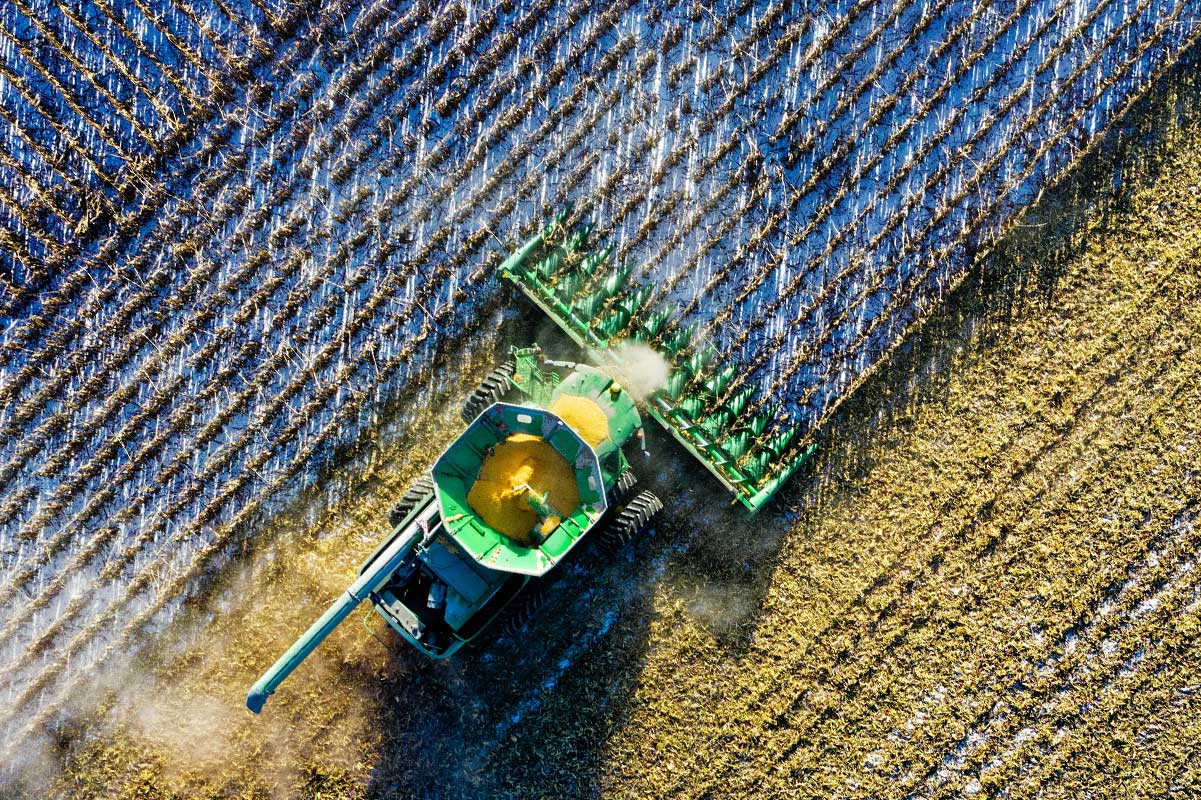 Photo by Tom Fisk from Pexels
Photo by Tom Fisk from Pexels

Food and farming missing from Government's £1bn Climate Fund
None of the Government's flagship climate change funding will be directed to tackling emissions from food and farming, despite the sector being the single biggest global threat to our environment.
The government has announced plans to spend more than £1bn on tackling climate change. The plans do not include new funding, but set out that already announced spending will be allocated to industrial carbon capture, hydrogen gas technology, and renewable energy and efficiency upgrades for public buildings.
The announcement fails to offer any funds to projects or policies that will reduce the environmental footprint of food and farming, despite the sector being responsible for about 20-30% of greenhouse gas emissions, and the main threat to global biodiversity and future zoonotic diseases. Scientists are warning that we must urgently cut food-related emissions to have any hope of meeting the Paris climate change target of keeping warming below 1.5 degrees.
Ruth Westcott, from food and farming charity Sustain, commented on the announcement:
“The food system is both an enormous contributor to the climate and nature emergency and a major opportunity for a green economic recovery. It is astonishing that it has been completely missed out from this flagship funding.
Nature has its own solutions for carbon capture and storage. We can incorporate trees into food production through agroforestry, and switch to agro-ecological farming which is proven to improve soil carbon sequestration, support wildlife and biodiversity, and make our food producers much more resiliant to a changing climate.
A moderate investment in our oceans could support the recovery of fish stocks and natural carbon-capturing marine habitats, which would increase the amount of fish UK boats can catch and reduce emissions. Sustainably caught fish can be a very climate-friendly, nutritious food but at the moment only a third of the UK’s key stocks are in a healthy state.
The investment could support a transition to more planet-friendly diets - particularly less and better meat – using solutions that we have already: A boost in healthy start vouchers, the school fruit and veg scheme and the roll out of more climate friendly and locally sourced food for public sector catering.
In January we learned that the Environment Bill is being delayed - again - which will make it very difficult for the government to be considered a world leader in nature-based climate policy in the run up to COP26 in November.”
Sustain’s report, Putting good food jobs at the heart of the economic recovery outlines how transitioning to more sustainable food and farming would deliver good jobs and economic prosperity.
We’d love to hear your thoughts on adopting a flexible meat allowance as a way to significantly cut the environmental footprint of public sector catering, with flexibility, and chefs kept in charge.
Climate Change and Nature: Sustain has taken a keen interest in the rapidly accumulating evidence about the effect of food and farming on climate change and nature, as scientific evidence emerges that our food system is a very significant contributor to greenhouse gas emissions and biodiversity loss.
Sustain
The Green House
244-254 Cambridge Heath Road
London E2 9DA
020 3559 6777
sustain@sustainweb.org
Sustain advocates food and agriculture policies and practices that enhance the health and welfare of people and animals, improve the working and living environment, promote equity and enrich society and culture.
© Sustain 2026
Registered charity (no. 1018643)
Data privacy & cookies
Icons by Icons8
